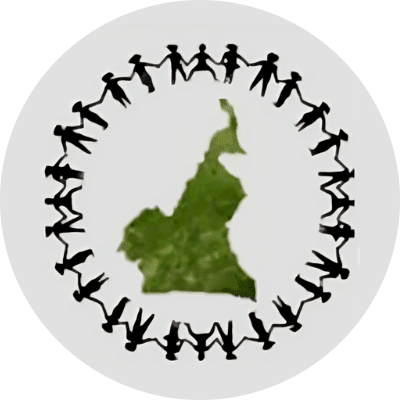
Unlocking the Potential of Sustainable Development in Cameroon: A Comprehensive Approach

Posted on March 30th, 2024
Cameroon, known for its rich cultural diversity, abundant natural resources, and strategic geographical location, holds immense potential for sustainable development. However, harnessing this potential requires concerted efforts from various stakeholders, including government bodies, private enterprises, civil society organizations, and individuals. In this article, we explore the multifaceted strategies and initiatives that can pave the way for unlocking sustainable development in Cameroon.
1. Economic Diversification and Investment Promotion:
Cameroon's economy has long been reliant on traditional sectors such as agriculture, forestry, and oil extraction. To ensure long-term sustainability, there is a pressing need to diversify the economy and promote investment in sectors such as renewable energy, technology, tourism, and manufacturing. The government can facilitate this process by implementing favorable policies, providing incentives for investors, and improving the business environment.
2. Strengthening Education and Skills Development:
Investing in education and skills development is crucial for building a capable workforce equipped to drive innovation and productivity across various sectors. Cameroon needs to focus on improving access to quality education, enhancing vocational training programs, and promoting lifelong learning opportunities. Additionally, fostering partnerships between educational institutions and industries can facilitate knowledge transfer and address skill gaps.
3. Sustainable Natural Resource Management:
Cameroon is blessed with abundant natural resources, including forests, minerals, and water bodies. However, unsustainable exploitation and environmental degradation pose significant challenges to long-term sustainability. Implementing effective conservation strategies, promoting sustainable agriculture practices, and enforcing stringent environmental regulations are essential for preserving natural ecosystems and mitigating the adverse effects of climate change.
4. Infrastructure Development and Access to Basic Services:
Access to reliable infrastructure and basic services such as electricity, clean water, healthcare, and transportation is fundamental for improving living standards and fostering economic growth. Cameroon needs to prioritize infrastructure development projects that enhance connectivity, promote rural development, and address urbanization challenges. Public-private partnerships can play a crucial role in financing and implementing infrastructure projects efficiently.
5. Empowering Women and Youth:
Women and youth represent significant segments of the population whose full potential remains untapped. Empowering women through education, entrepreneurship opportunities, and gender-sensitive policies can contribute to inclusive growth and poverty reduction. Similarly, investing in youth empowerment programs, including skills training, mentorship, and access to finance, can foster innovation and creativity, driving socio-economic development.
6. Promoting Good Governance and Transparency:
Transparent and accountable governance is essential for creating an enabling environment for sustainable development. Cameroon needs to strengthen institutions, combat corruption, and ensure the rule of law to attract investments, foster economic growth, and build public trust. Additionally, promoting civic participation and decentralization can enhance local governance and empower communities to participate in decision-making processes.
Conclusion:
Unlocking the potential of sustainable development in Cameroon requires a holistic approach that addresses economic, social, and environmental challenges. By diversifying the economy, investing in education, promoting sustainable resource management, enhancing infrastructure, empowering marginalized groups, and promoting good governance, Cameroon can chart a path towards inclusive and resilient development. Collaboration among government agencies, private sector entities, civil society organizations, and international partners is essential for driving sustainable change and building a prosperous future for all Cameroonians.
Let's Make an Impact
Ready to make a difference? Reach out to Women in Humanitarian Dynamics (WIHD) today to explore how we can collaborate to empower informal workers and create positive change. Fill out the form below, and let's work together to make a difference.
